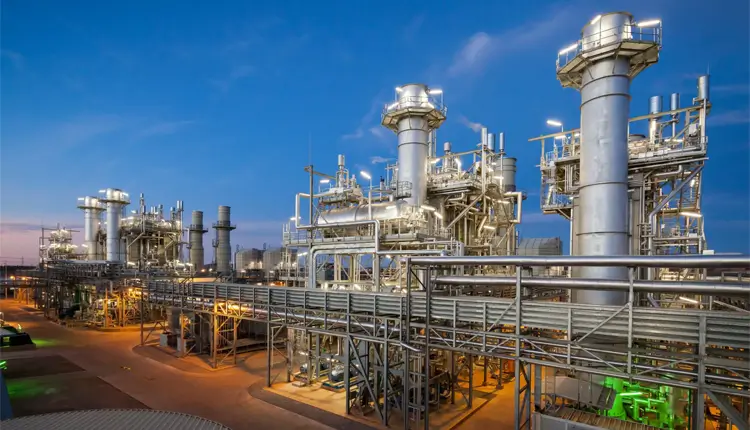The Egypt natural gas price hike is set to reshape the fertilizer industry and broader industrial landscape. Informed sources told Mada Masr that the government plans to raise natural gas prices for industrial use by US$1–2 per million British thermal units (MMBtu) in the coming weeks. This move comes as part of a long-term plan to cut government spending on energy subsidies.
Egypt Natural Gas Price Hike and Fertilizer Exports
To limit the impact on heavy industries, including fertilizer, petrochemicals, and metals, the government held talks with industry representatives led by Deputy Prime Minister for Industrial Development Kamel al-Wazir.
Fertilizer factories will now be allowed to export 55% of production, up from 45%.
The government procurement price for fertilizers supplied to farmers will increase from LE4,500 to LE6,000 per ton.
Officials pledged to provide stable natural gas supplies after multiple outages disrupted production earlier this year.
This shift gives fertilizer producers more room to generate foreign currency and offset higher gas bills.
Fertilizer Industry Faces Rising Gas Prices in Egypt
The fertilizer industry is the largest consumer of natural gas in Egypt, using 16% of domestic supply. Gas makes up 70% of production costs, far more than in steel or cement.
While most companies pay for gas in dollars, some, such as Misr Fertilizers Production Company (MOPCO) and Helwan Fertilizers Company, pay part of their bills in Egyptian pounds. Industry leaders like Khaled Abul Makarem, head of the Chemicals and Fertilizers Export Council, are negotiating to allow payments in local currency to ease financial pressures.
👉 Related reading: Fertilizer Tenders in Egypt | Agriculture Price Updates | Indian Fertilizer News
Domestic Impact of Egypt Natural Gas Price Hike
Cutting the government’s fertilizer procurement quota is expected to impact small farmers. Previously, 55% of fertilizer output was reserved for state procurement and distributed to agricultural cooperatives at subsidized prices.
With fewer supplies, farmers may be forced to turn to the black market, where a 50-kg sack of fertilizer sells for LE1,250, compared to the subsidized LE255 price.
Experts such as Sherif Fayyad, professor of agricultural economics at the Desert Research Center, warn this will raise farming costs, drive up crop prices, and worsen food inflation during the critical winter planting season.
Energy Shortages Driving Egypt Gas Price Hike
The Egypt natural gas price hike reflects mounting pressure from declining domestic production. In 2023, Egypt’s gas output dropped sharply, forcing the country to spend billions on liquefied natural gas (LNG) imports at around US$15 per MMBtu.
Critics argue that boosting fertilizer exports is equivalent to “exporting natural gas” when the country itself faces shortages. Supporters counter that Egypt produces 7 million tons of fertilizer annually, while local consumption is only 3 million tons.
Fertilizer Exports and Investment Opportunities
Egypt’s fertilizer exports have reached record levels, generating US$2.2 billion in 2023, according to Central Bank of Egypt data.
This export boom has drawn major foreign investment:
Saudi Arabia’s Public Investment Fund and Abu Dhabi’s sovereign wealth fund have acquired stakes in Abu Qir Fertilizers and MOPCO.
New acquisitions are expected as Egypt’s privatization program expands private-sector participation in fertilizer production.
Outlook: Exports vs. Food Security
The Egypt natural gas price hike will help the government cut subsidies and attract more export revenues. Fertilizer producers stand to gain, but farmers and low-income households may suffer from higher input costs and inflation.
As one former agriculture official warned, reducing fertilizer for the domestic market risks undermining food security, even as exports grow. Egypt now faces the challenge of balancing foreign currency needs, farmer support, and affordable food supplies in a fragile economy.

